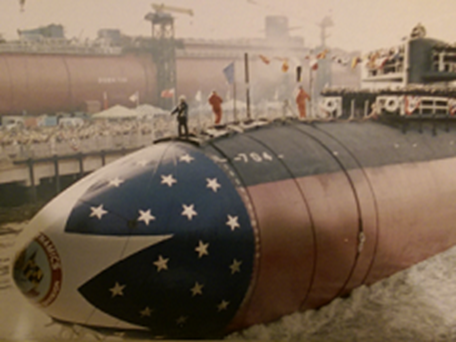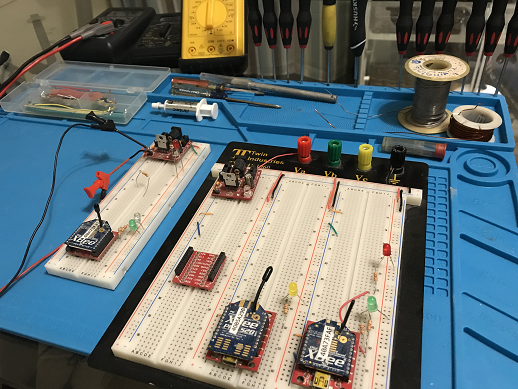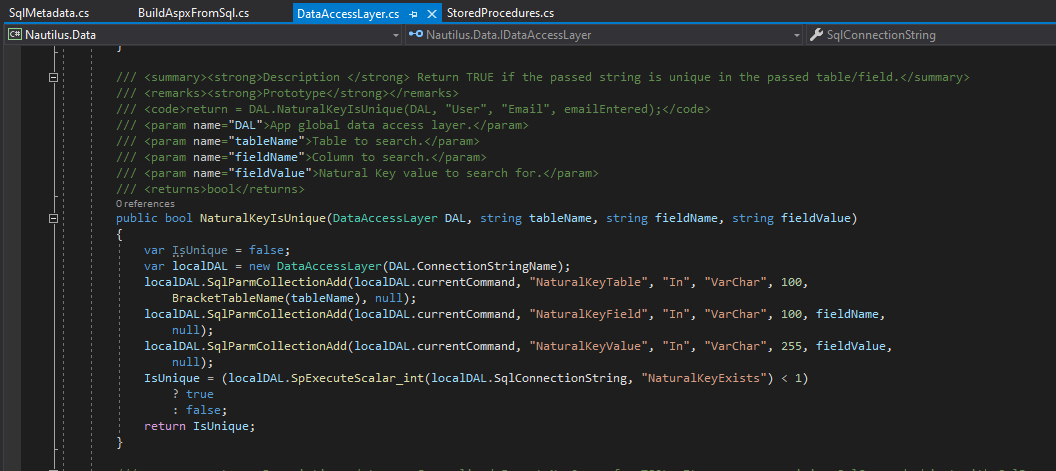About me
"All progress depends on the Unreasonable Man." -George Bernard Shaw

My 3 careers have changed my plans a few times, but each new path was treated as an asset not a liability. And it has definitely been interesting.
My story begins with a trade school. I graduated with a 2-year degree as an electronics technician. The job market was bleak so I enrolled at the University of South Florida, hoping to major in Electrical Engineering.
But a long commute, plus a full-time job, eliminated any time to study.
Then I heard of a program to become a certified Nuclear Reactor Operator. No tuition required, and plenty of time to study. But you have to give them 6 years of your life. So I joined the U.S. Navy...
"Underway on Nuclear Power"

I had always been able to quickly learn complex systems, and this proved invaluable when studying Nuclear Reactor Physics.
I was assigned to the New Construction crew of a Los Angeles-class fast attack submarine, and I would be on the Reactor Controls Team for the rest of my enlistment. After making E-6 in 4 years, I was promoted to Reactor Controls Division Leading Petty Officer, with 9 RO's (reactor operators) under me. And I was selected Sailor of the Year for my Squadron and my boat. My military career was filled with success.
But by the end of my enlistment, cheap fossil fuels had already put the brakes on the Nuclear Power industry for decades to come.
On to Career #2...
"Any sufficiently advanced technology is indistinguishable from magic." -Arthur C. Clarke

Electronics has always seemed like magic to me.
My first job was with an electronics manufacturer of Distributed Control Systems, fixing large, complex microprocessor boards. I fixed failed boards and returned them the same day, eliminating a backlogged pile of broken boards and spares. Our department was so successful that the company built us a new plant in another state. But I stayed in Florida, and got a job with an HVAC company that designed and built their own controls.
I designed electronics, created test walls, laid out printed circuit boards, and ran a wave solder machine. My actual job was Manager, so I also learned to negotiate contracts for components, while managing a team of technicians and assemblers. And flying around the U.S. and Europe, fixing systems. I was busy.
This was all good, until foreign competition put downward price pressure on anything electronic, including salaries. I had meanwhile learned how to use a 'database' and a PC to track components and design circuits. One day I realized I was enjoying the software side of manufacturing more than the hardware side.
So I was off to Career #3...
Getting paid to think

Software is a curious business. You produce nothing physical, yet you can make a fortune. You can work from anywhere. The work product is pure thought; intangible but highly valuable. Easy to copy and ship anywhere in the world. This is good. And bad.
My first software job was working on full stack apps (user interface, business logic, database) for a small company that made software for the Human Resources industry. We were so successful that we got acquired within a year by a bigger fish. I had to move on.
Next company, same thing. We excelled at Background Check software, and got bought. Next company, mortgages. We got good and got bought. See a pattern?
At this point, I've created my own company and now I can be a software contractor or an employee, as required. If you want to know more, go to my company website "NautilusSoftware.Systems".